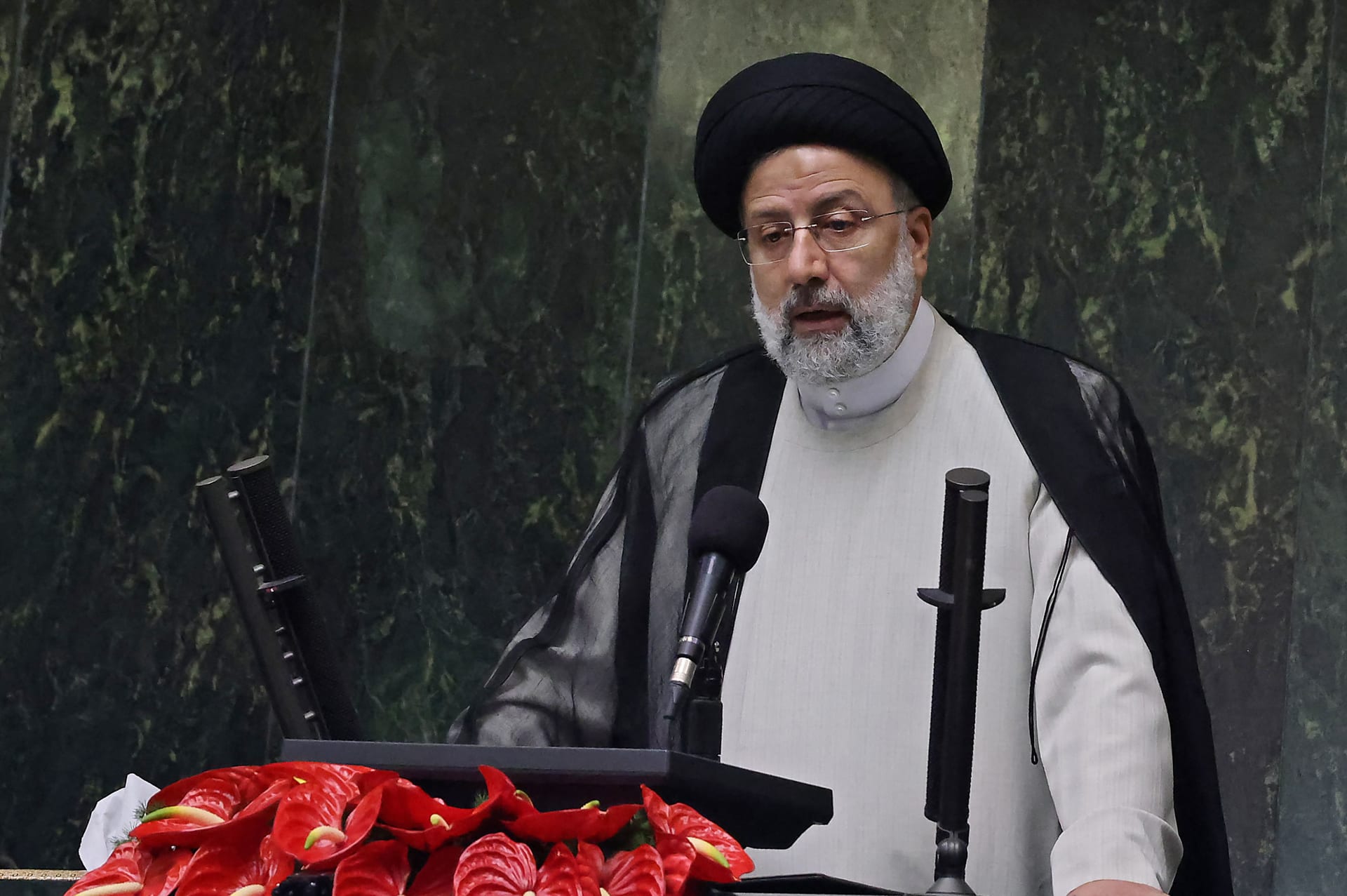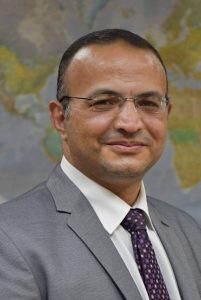The budget proposal, submitted by Iranian President Ebrahim Raisi to parliament on the 12th of December, indicates that Iran will continue with its present policies across the region irrespective of the outcome of the G4+1 negotiations in Vienna. Such a trajectory is further supported by the attempts of some western countries to open separate avenues of negotiations with Iran regarding its regional policies, such as its ballistic weapons program.
Although the budget is still in a draft form, and can be amended by parliament, it contains a number of indications regarding the future direction of Iran’s foreign policy, which can be outlined as follows:
A regionally active IRG: President Ebrahim Raisi’s government increased the amount of funds allocated to the Iranian Revolutionary Guard (IRG) in the budget, which is a clear sign that it will not back down from its current interventions in Syria, Iraq, Yemen, and Lebanon. The sums dedicated to the IRG now stand at 3 trillion Toman, which is more than 3 billion dollars (the dollar being worth 30,000 Toman in the black market). It is important to point out that the IRG depends primarily on its own sources of income, from the companies and organizations it operates in various sectors. Increasing the budget of the IRG is therefore a clear indication that the regime seeks to enhance its regional activities in the near future.
Anticipating a possible breakdown of the Nuclear Negotiations: The budget expects oil exports in the coming fiscal year to reach 1.2 million barrels a day, which means Iran does not foresee a successful outcome from the Vienna negotiations. Iran is currently exporting 900,000 barrels a day, which the budget only expects an increase of 300,000 barrels. In contrast, Iran was exporting close to 2,500,000 barrels a day prior to the imposition of US sanctions, which illustrated the large gap between its capabilities and Iran’s current levels of production.
The failure of negotiations remains a realistic possibility, despite the efforts of parties to reach an agreement, and may push Iran towards escalation on other issues, especially those pertaining to regional countries in which the US has special interests, such as Iraq and Syria.
Not banking on end of sanctions: President Raisi severely criticized the previous government of Hassan Rouhani for creating last year’s budget on the assumption that sanctions would be lifted, which did not happen. This indicates that the current government is likely to prioritize relations with non-western countries, such as China and Russia, and Turkey on the regional level, in view of worsening relations with the west. There are however challenges to this orientation, as Iran’s continued interventions in the region could have a negative impact on relations with these non-western countries as well.
Planning more ballistic missile tests: The government’s proposal to dedicate 5 billion dollars to its strategic research and defense programs (including allocations to the IRG) shows Iran intends to scale up its ballistic missile program further. The budget was submitted to parliament two weeks after convening the Higher Council for Space, for the first time in ten years. In the meeting, the Iranian president called for increasing the reach of missiles to 36 thousand kilometers, as per the instructions of the Supreme Leader Ali Khamenei. There have been reports that Iran is now preparing to launch a satellite from the Imam Khomeini base in Samnan. In conjunction with increasing its enrichment of Uranium to 60%, and reducing its level of cooperation with the IAEA, this can be considered an effort by Iran to put further pressure on world powers to reach a deal according to its own terms and interests.It can therefore be argued that Raisi’s government is not likely to make any fundamental changes to Iran’s foreign policy, despite the current attempts to improve relations with some regional countries. The government is seeking to garner the support of important Iranian institutions for this policy. This was illustrated by the visit by Amir-Abdollahian, the foreign minister, to Qom on December 9th, in which he met senior clerics. Discussions in these meetings focused on the possible trajectory of negotiations in Vienna, and the support Iran gives to “the oppressed”. In the meeting, Ayatollah Subhani reportedly told the foreign minister that some Shia around the world view Iran as their second home, and that the Islamic government must provide them with aid, such as the Shia in Afghanistan and Yemen. This goes to further prove that the current government of Iran seeks to remain in line with the more strident rhetoric of Iran’s principal institutions.


